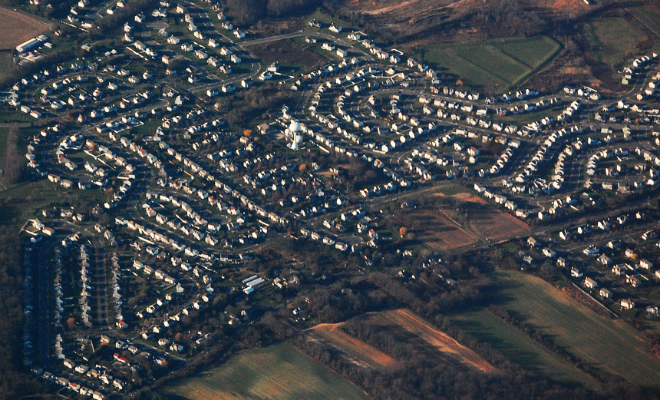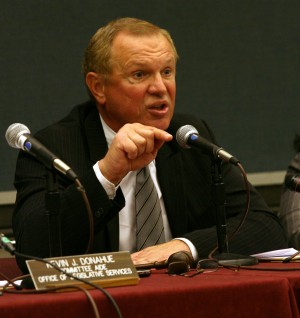New Jersey Future Blog
New Jersey’s “Principal Cities” Now Include Suburbs
March 14th, 2001 by Tim Evans
The Metro “A” List
- New Jersey’s “principal cities” for the new decade will include the lesser-known cities of Vineland, Millville, Bridgeton and Pleasantville, when last week’s 2000 Census population figures are subjected to new federal standards for naming major metropolitan areas.
- A few large suburban centers would also make the Garden State’s “principal cities” list – Edison, Cherry Hill, Union, Wayne and Parsippany-Troy Hills.
- Rounding out the list are the well-known urban centers of Newark, Trenton, Camden and Atlantic City.
- Conspicuously absent from the list are Jersey City, Paterson, Elizabeth and New Brunswick, four of the State Plan’s eight “urban centers” – even though the first three of these are the second, third and fourth largest cities in New Jersey, respectively.
A state’s “principal cities,” the centers around which metropolitan areas are defined, can be the largest cities in the region – or one of the region’s employment centers, according to new federal guidelines for naming major metropolitan areas.
That’s a contradiction in terms for New Jersey, where incentives for pulling jobs from urban to suburban areas is so strong that some of our largest cities no longer qualify as employment centers.
Jersey City, Paterson and Elizabeth have fewer jobs than employed residents, thus failing to meet the definition of an employment center.
Where have the jobs gone? One need look no further than the remainder of the “principal cities” list. Many of New Jersey’s larger suburbs – Edison, Cherry Hill, Wayne and the like – have eclipsed the older cities as employment centers because of a host of incentives that “pull” employment from urban areas, including lower suburban property taxes, widespread commercial zoning of green fields and abundant free parking. Such incentives have contributed not only to the decline of cities, but to the rise in traffic that results when jobs are moved away from places with transit options.
Without change leading to smarter growth, New Jersey may become the first state whose principal “cities” aren’t cities at all.
Facts Contact:
B. Tim Evans, NJF Research Director
timevans njfuture
njfuture org (timevans
org (timevans njfuture
njfuture org)
org)
















